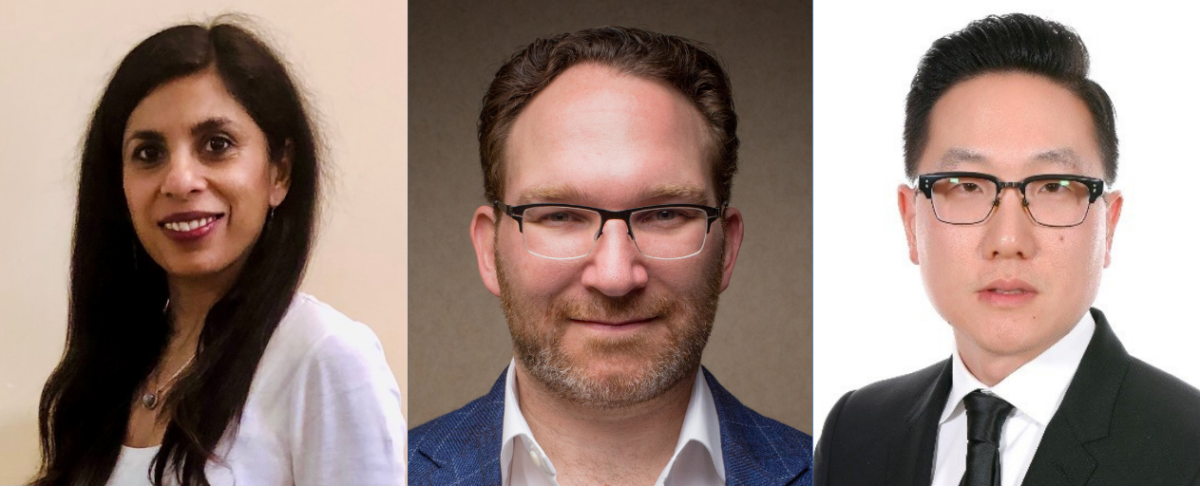One of the burning questions at the Schroeder Arthritis Institute is determining the right treatment for people suffering from the pain and mobility challenges of osteoarthritis. Current therapies include surgery, anti-inflammatory drugs and physical therapy which temporarily reduce pain and stiffness but do not offer a cure. Now scientists at the Schroeder Arthritis Institute are on a path to developing a new generation of treatments.
Commonly referred to as “orthobiologics” these injectable therapies are designed to reduce inflammation and help with the repair process of the body’s musculoskeletal system. Orthobiologics harness the body’s natural tendency to heal and speeds up the process without the risks and downtime associated with surgery.
Right now, orthobiologic treatments are administered at the individual discretion of the physician’s and the patient’s requests. There are no standardized criteria for deciding if patients should get these orthobiologic treatments and if so, which ones. Additionally, some patients respond better than others and the reasons for this are not fully understood. This has prevented acceptance and promoted skepticism on the utility of orthobiologics treatments.
Until now.
“At the Schroeder Arthritis Institute, we are developing a research cohort study to understand the biological differences between patients which may be the reason for their response, or non-response to different types of orthobiologic treatment,” says co-principal investigator Dr. Sowmya Viswanathan, one of the scientific leads on the project and who also co-led the first North American patient-derived stromal cell therapy trial for knee osteoarthritis in 2019.
With Dr. Viswanathan, Dr. Christian Veillette, a clinician investigator and Division Head of Orthopedic Surgery, and Dr. Christopher Kim, an orthopaedic surgeon, will also move forward with the creation of an orthobiologics and advanced therapeutics registry. For the first time in Canada, they will apply artificial intelligence and data analytics platforms to determine the right treatment approach for each person.

To increase the amount of trusted outcome data, a real-world patient registry will be set up and physicians performing orthobiologic procedures across Canada will be invited to participate. “This registry will help physicians and researchers navigate the changing landscape of orthobiologics by providing access to high quality data for benchmarking, research and quality improvement,” said Dr. Veillette. “We will be the go-to centre for enabling real-world evidence, tracking clinical protocols, patient outcomes, data library and published research.”
This Canadian-first research initiative was made possible by Walter and Maria Schroeder with a new $6-million donation on top of his initial $25M gift to establish the Schroeder Arthritis Institute. This new funding will help create the registry and fund the research cohort study. Additionally, this gift will support and establish a novel clinical trial using stromal cells – this time derived from fat from healthy donors – to inject into patients with knee osteoarthritis, a continuation of the initial clinical trial efforts.
These study results together will help guide regulatory approval and determine how and when this treatment can be extended to other joints such as the hip and shoulder.
“The ultimate beneficiaries of this work will be people living with osteoarthritis who will be offered therapies that are tested, optimized and customized for their particular profile,” explains Dr. Viswanathan.
“We are grateful to our generous donors like Walter and Maria Schroeder for helping us move at an accelerated pace towards our goal of understanding arthritis at every level, developing more effective treatments for patients and, ultimately, finding a cure,” says Dr. Veillette.
Find out more about the Campaign to Cure Arthritis.
